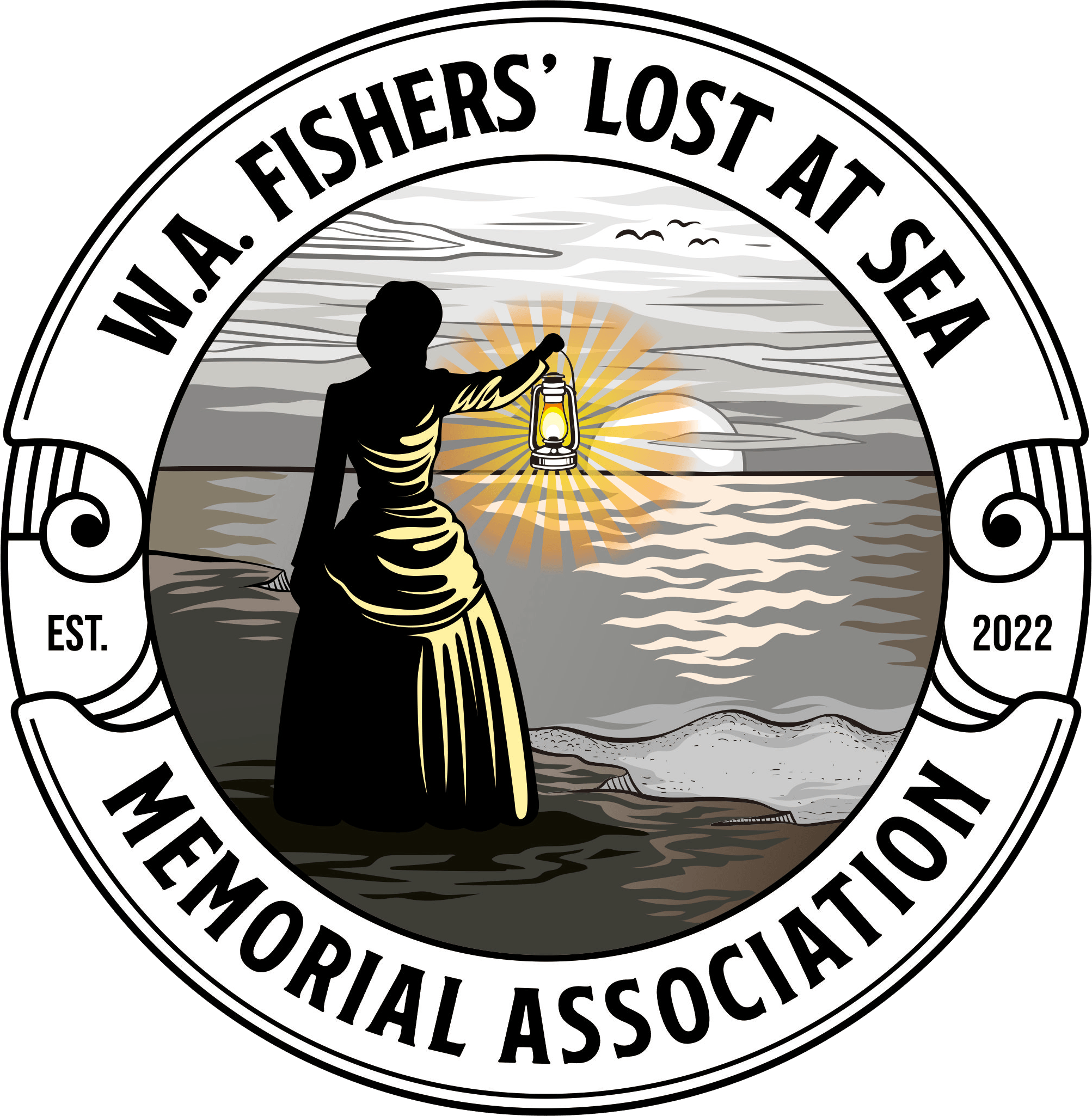Our Process of Validation
Perhaps the most important aspect of bringing our stories to you, our readers, is ensuring we have done our absolute best to bring them truthfully, accurately and as factually, as possible.
It is our privilege to tell the stories of those who were lost and are no longer here to tell the stories themselves. We take the time to search many sources and to write each story, carefully considering each new piece of information to ensure we share the story as closely as possible to what happened to each soul lost at sea. And we are always open to fact checking, additions and corrections, with evidence.
Our most valuable sources of information are interviews with families who have lost a member to the sea, and local writers and biographers who have recorded the history of each of the fishing industries. We turn to local newspapers to verify dates and events and ask local museums and historical associations to verify our information wherever possible. We value our access to the Trove website for newspaper articles, which provide all Australian newspaper records to the 1950s, along with information from gazettes for the early periods of fishing.
We access well-known maritime history authors such as Peter Worsley and Rod Dickson to help verify the names of boats and where they were lost. We gather information from local authors of credible books and articles for each of the fishing industries, such as Howard Gray for the crayfishing industry, and Ron Bertelsen who wrote a detailed book about crayfishing at the Abrolhos Islands. We are fortunate to have access to existing collections of historical maritime documents from fishermen, like Gary Finlay.
And of course, we access official records. For each lost soul, we spend many hours pouring over State Records, WA Maritime Museum records, shipping records, coroners reports, police records, WA Fisheries records, birth, death and genealogical records. We follow leads to any official sources and request information from departments and associations, which may have information to help us verify our stories.
As we continually discover more details, we create more stories and add to our existing stories, to honour the fishers lost since 1800 on the WA coast.
Our interactive map showing the location of tragedy, or last seen location, is informed by the best available evidence at the time of publication, and it may be prone to error.
It is our mission to record these stories and locations of tragedies faithfully, so that these tragedies are not lost in time, but are remembered as they deserve to be. We do this because as members of fishing families ourselves, we acknowledge their contribution to their industries and the ultimate sacrifice made to bring seafood to our plates, pearls, fur or skins to wear, oil for lighting and fertiliser for crops.
We hope to honour each and every soul lost in pursuit of commercial fishing in WA. It is a passion and a project that may take more years than we have.
As long as fishers go to sea, there will unfortunately be losses of lives and boats. As we know, the sea can be a cruel and unpredictable mistress.
If you have information about a lost fisher, we would love to investigate their story for our memorial site, so they too may be remembered into the future.
Our contact details on this site will enable you to contact us.
